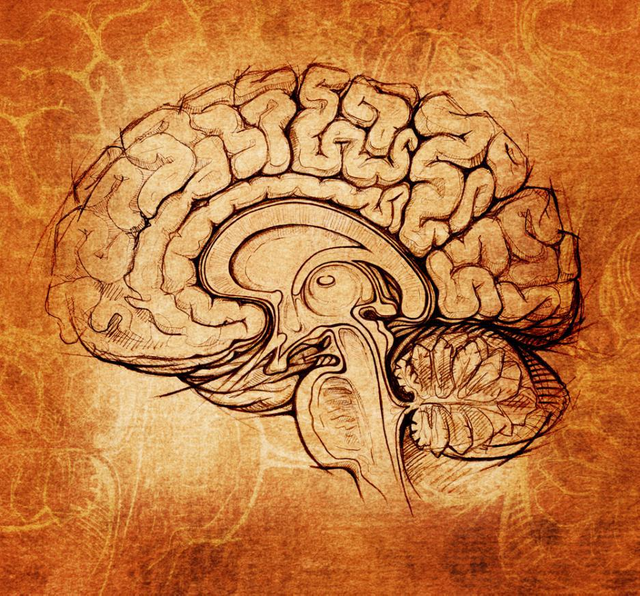Why our brain is big, and the penis - without thorns

Sex would have been different, even painful, if the men had not evolved and had not lost the small hard spines of their penises still present on the genitals of some primates.
The authors of a study by The Howard Hughes Medical Institute and Stanford University found that some key differences - such as the bigger brains of humans and the lack of spines on the penis - are due to missing DNA fragments responsible for gene inclusion and exclusion.
The study supports the idea that genes that control the activity of other genes are extremely important and that they can explain why humans are so different from other mammals.
For the purpose of the study, the specialists compared the genetic code of the human with that of the chimpanzee , his closest cousin, and other mammals. Researchers have discovered 510 gene segments available in chimpanzees and other mammals, but are missing in humans. Almost all are regulatory genes - genetic "keys" that affect the activity of adjacent genes.
The researchers then made a computer analysis to identify the deleted DNA segments that were clustered around specific genes.
"We found more changes than we expected, close to the genes involved in signaling steroid hormones, as well as a number of deletions close to genes playing a role in brain development," explains David Kingsley of the research team.
Experts have found, for example, that one of the DNA segments deleted from the human genome was responsible for the development of sensory mosquitoes such as those in mice and the development of solid spines such as those present on many mammals' penises. "People are always surprised to learn that the sexual organs of many organisms are covered in similar formations," says Kingsley.
The researcher explains that these spines usually occur in species that mate rapidly - such as chimps that compete to fertilize one or two females.
Thorns are keratin formations, the nail-forming protein. They are often located on sensory receptors, and scientists assume that removing them will prolong the copulation.
In humans, loss of thorns has helped to prolong the sexual act and to create monogamous connections. Another interesting deletion was located near a gene that controls the growth of brain cells. The deletion of this DNA segment has contributed to the development of the larger brain in humans.
Both evolutionary changes may have occurred to meet the reproductive needs of humans.
The authors of the study hope that besides the physical differences in human evolution, they will also be able to understand some important physiological differences, such as why people are susceptible to diseases such as cancer, arthritis, malaria, Alzheimer's, Parkinson's, and HIV . The study was published in Nature.
Source: www.sciencealert.com , www.pexels.com

Then we should be glad that men lost some of these spines. I don't know where to begin with, but I know one thing for sure: this is one Awesome post.
Very interesting. Women don't know how lucky they are!! :)
That said the real unfortunates are fruit flies. The variations of sexual strategy and changes in penis morphology amongst sub species are extreme to say the least.
As I understand it, one morphology allows for a male to circumvent the usual method and beat competing males by piercing the body of the female to inject the sperm directly to the egg.
I also understand that another variety of male morphology don't bother with the females at all.... they just pierce another males sexual organs and inject their sperm in there so they have to do all the hard work of buying flowers and being charming etc.
..... and I think the sperm once stretched out straight is longer than the fly itself.